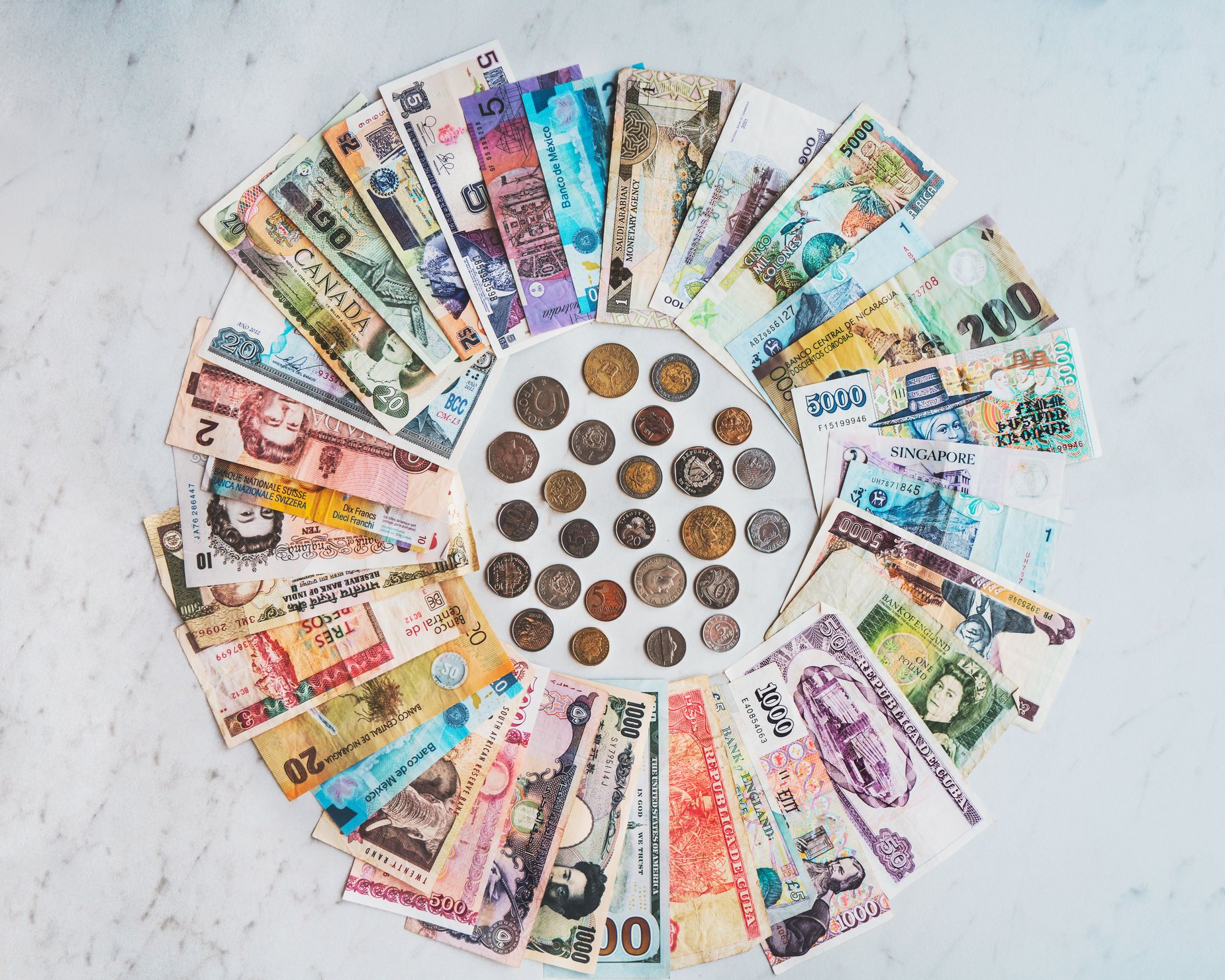What is difference between perfect competition market and monopoly market?
Number of Sellers: In conditions of perfect competition there are a large number of sellers in the market. The individual sellers compete to sell their products in the market, but in a monopoly there is only a single firm which sells the product.
Entry and Exit of Firms:In perfect competition, new firms can freely enter the industry and inefficient firms can exit if they suffer losses. Under conditions of monopoly, there are several barriers which are difficult to overcome for prospective new entrants.
Options available to Buyers:In a market characterized by perfect competition, the buyers have the option to purchase from any firm in the market. Under conditions of monopoly, the buyers must purchase from the only seller who dominates the market.
Earning of Normal and Super-normal Profits:In perfect competition, a firm may earn super-normal profits in the short-run. In the long-run, the firm can earn only normal profits as new firms would enter the market and force the prices to fall. Under conditions of monopoly, a firm can earn super-normal profits in the short-run as well as in long-run due to the existence of barriers which prevent entry of new firms.
Price Discrimination:A firm under perfect competition cannot sell at discriminatory prices as the prices are given and an individual seller cannot influence the price. A monopolist can increase the total revenues by discriminating among the buyers and charging higher prices from buyers whose demand is inelastic and lower prices from customers whose demand is elastic.
Price of Products and Level of Output:Under conditions of perfect competition, the prices are lower and the output is larger. A monopolist often charges higher prices from the customers and can manipulate the level of output to obtain maximum revenues.
Consumer Welfare:Consumer welfare is considered to be maximum under conditions of perfect competition as every individual firm strives to produce at its optimum level. On the other hand, a monopolist is in a position to manipulate his output even at sub-optimum levels, and therefore consumers have to pay higher prices than under conditions of perfect competition.
Auditorforum.com provides multiple question and answers and case study on different topics. Keep visiting auditorforum.com for more knowledge about this topic.





